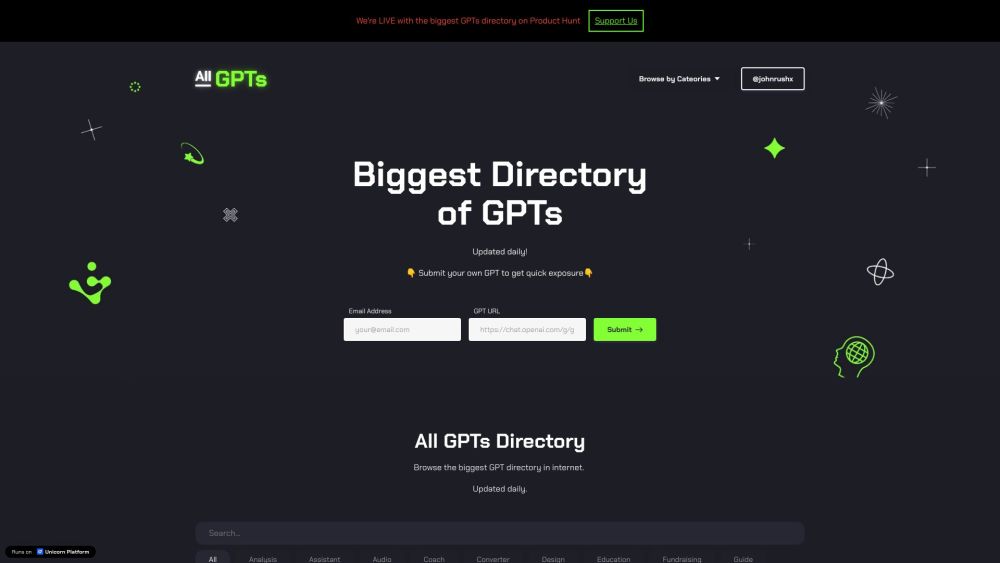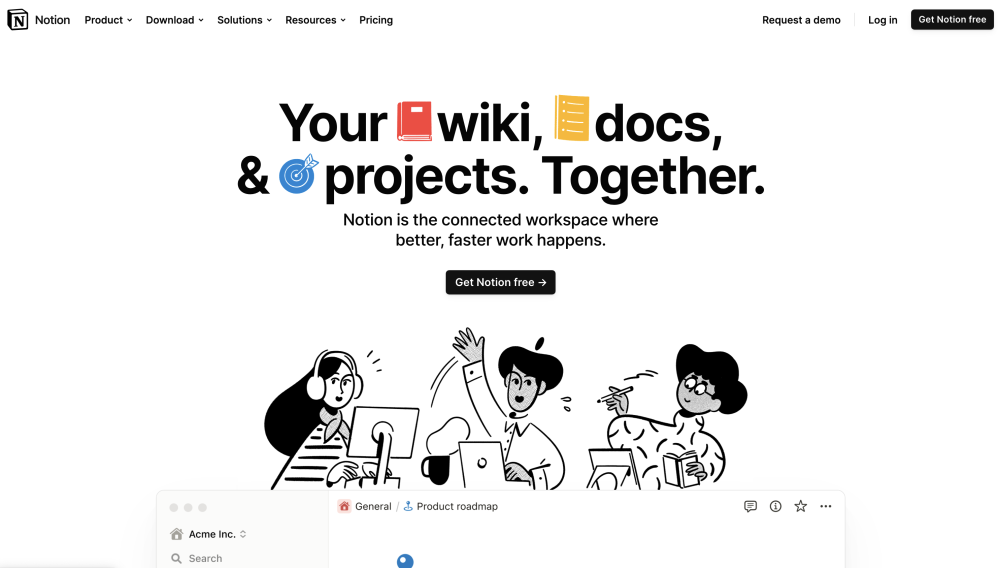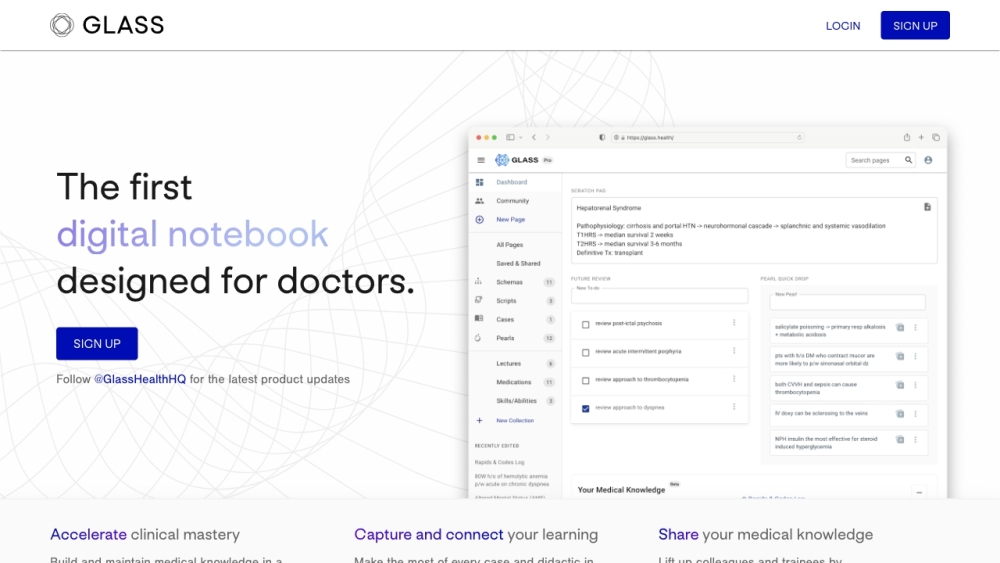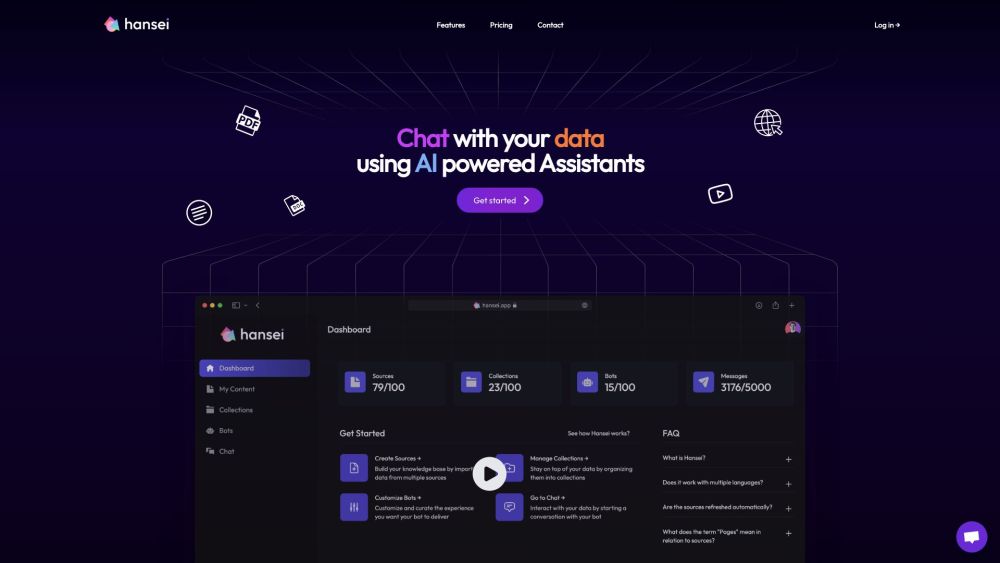Perplexity AI is set to share advertising revenue with news publishers whenever its chatbot references their content in response to user queries. This initiative aims to address criticisms regarding alleged plagiarism and unethical web scraping practices faced by the startup.
Dmitry Shevelenko, Perplexity’s head of business, noted that the company began exploring this program back in January, prior to the rising accusations from publishers. The driving force behind the publisher initiative is self-preservation: to provide accurate responses to user queries, Perplexity requires ongoing contributions of fresh information from journalists.
“How do we align ourselves with publishers?” Shevelenko asked. “We’re not looking to cannibalize or compete with them; it’s essential for us to support vibrant and diverse business models and revenue streams.”
With advancements in generative AI reshaping search behaviors, publishers are now seeking innovative monetization strategies.
Perplexity’s initial publishing partners include prominent organizations such as Automattic, Der Spiegel, Entrepreneur, Fortune, The Texas Tribune, and TIME. Through multi-year agreements, these publishers will gain access to Perplexity’s APIs and developer support, enabling them to develop custom answer engines on their platforms. Additionally, all employees will benefit from Perplexity’s Enterprise Pro offering, which includes enhanced data privacy and security features.
While Perplexity has yet to start displaying ads on its platform, this functionality is expected to launch within the upcoming months. Shevelenko stated that the startup has attracted “top-tier brands across every major consumer and B2B category.” For instance, if a user inquires about traveling to Tokyo, related travel ads may be displayed. The revenue generated from these ads will be shared with the publishers whose content was utilized to provide those answers.
While specific details of the ad revenue-sharing arrangement remain undisclosed, Shevelenko mentioned that it would involve “double-digit” percentage points.
In recent months, other media organizations—such as The Atlantic, News Corp, The Financial Times, Dotdash Meredith, Axel Springer, and Vox Media—have established licensing and product agreements with OpenAI, despite some journalists from these outlets publicly criticizing OpenAI for allegedly appropriating their content to train its AI systems.
Michael Frazier, VP of data and operations at Entrepreneur Media, remarked that user behavior is a significant factor in this evolution. He highlighted how platforms like social media and Google Search have taught the industry the importance of meeting users where they prefer to engage.
Frazier's team at Entrepreneur is currently developing a tool to allow users to interact more dynamically with their content, aided by Perplexity’s APIs.
Perplexity also collaborates with ScalePost.ai, a platform that facilitates partnerships between publishers and AI firms while providing AI analytics for publishers to monitor how their content is cited.
“We’re looking forward to gaining insights into user intent and behaviors to better support our readers,” added Frazier.
When addressing concerns about linking the Entrepreneur brand to potentially misleading answers—a common issue with many AI chatbots, including Perplexity—Frazier acknowledged the risks but expressed confidence that Perplexity is proactively limiting inaccuracies.
Perplexity clarified that publishers in its program will not receive preferential treatment in search queries, distinguishing its approach from that of OpenAI with its media partners. On the subject of click-through rates from cited articles, Shevelenko emphasized that the primary objective of the program goes beyond simply driving traffic.
“For the first time, a tech platform is providing revenue share to publishers upfront, and we believe that’s significant,” he stated. “We don't consider traffic the main value we bring to publishers, and it would be disingenuous to assert otherwise.”
According to Shevelenko, the real value lies in shared advertising revenue and access to Perplexity's APIs and premium subscription services.
Despite the growing trend of collaboration with AI entities, not all publishers are willing to concede. High-profile lawsuits have emerged against OpenAI from The New York Times, Raw Story, AlterNet, and The Intercept, accusing it of using copyrighted content to train ChatGPT without appropriate attribution.
Recently, Condé Nast—the parent company of The New Yorker, Vogue, and Wired—issued a cease-and-desist letter to Perplexity, requesting the removal of its publications’ content from search results. This decision may have been influenced by a finding from a Wired report indicating that Perplexity was pulling content from web pages when given a URL, contradicting publishers’ requests to refrain from such actions.
Forbes has also sent a similar letter to Perplexity, alleging that the startup plagiarized one of its articles within the beta Perplexity Pages feature.
In response, Perplexity has neither ceased its actions nor complied with the requests, but rather encourages these publishers to participate in its publisher program.
“We’re eager to collaborate with them,” Shevelenko concluded.





